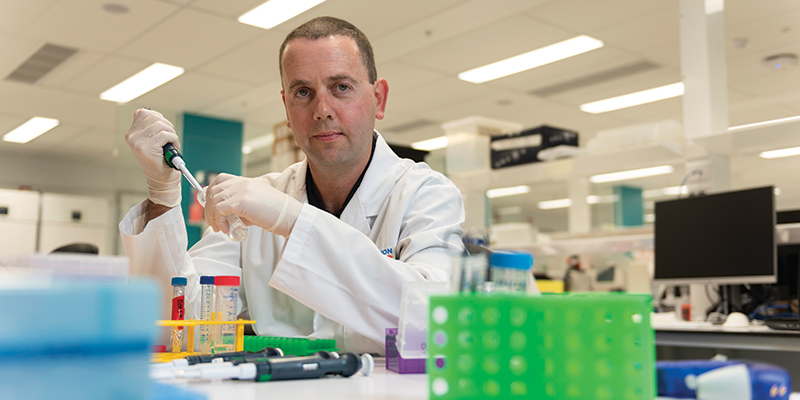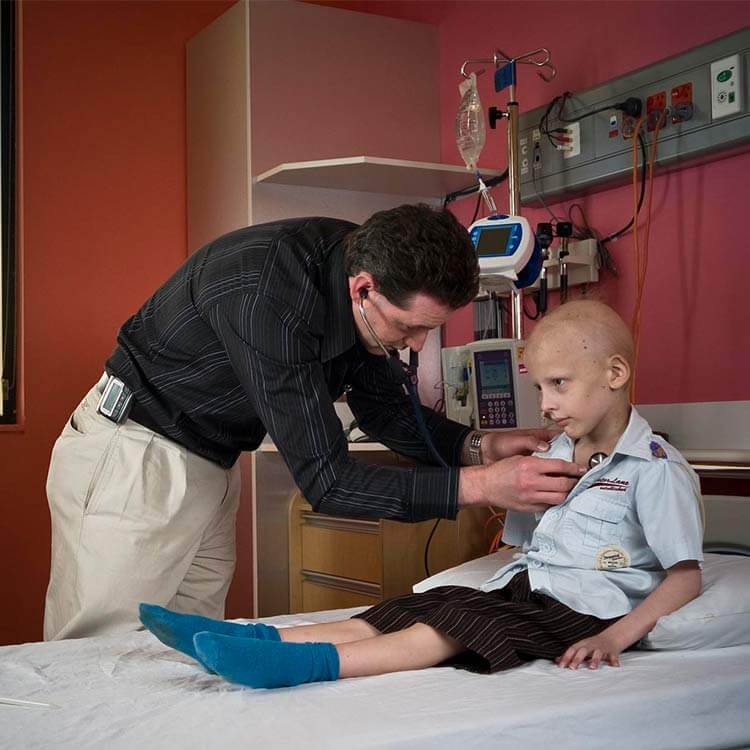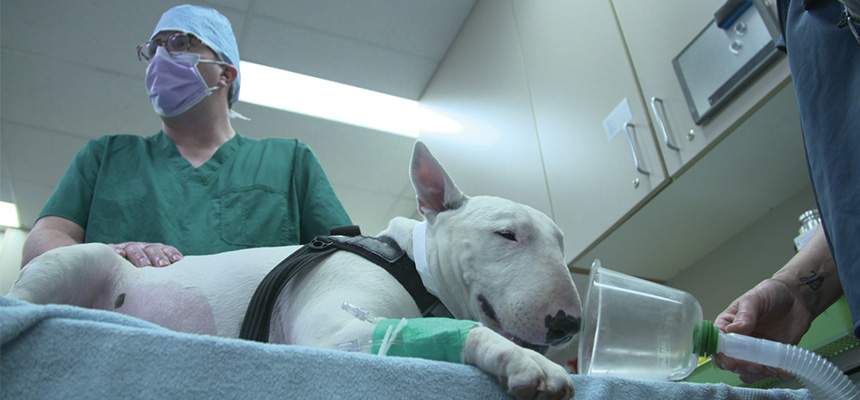Search

News & Events
Pioneering research could be key to keeping cancer in checkCancer research is being reimagined after a collaboration between The Kids Research Institute Australia, the Peter Doherty Institute for Infection and Immunity.
News & Events
Global Assault on Childhood Brain Tumours Gains MomentumA report outlining key steps to tackle a common and aggressive childhood brain tumor is gaining rapid momentum after attracting international attention.
News & Events
Research sheds new light on childhood Leukaemia treatmentA The Kids study examining drug resistance in leukaemia patients has shed new light on why some treatments may be more effective than others.
News & Events
Dad’s Dream Inspires Global Cancer FightThe Global Symposium on Childhood Brain Tumours is bringing the world's premier childhood brain tumour researchers and scientists together in Perth.
News & Events
Ethan's brain cancer battle inspires researchA new research scholarship to combat childhood brain tumours will be launched tonight in honour of two year old Perth toddler Ethan Davies.
News & Events
Researchers find genetic clue to cancer relapseCancer researchers at The Kids for Child Health Research have developed a new test that can rapidly detect the loss of genes in cancer cells.

News & Events
New childhood brain tumour drugs to be testedIt is the kids he treats in his role as a paediatric oncologist that motivate Dr Nick Gottardo in his work as a The Kids Research Institute Australia cancer researcher.
Research
Blinatumomab as bridging therapy in paediatric B-cell acute lymphoblastic leukaemia complicated by invasive fungal diseaseInvasive fungal disease (IFD) remains a challenging complication of treatment for paediatric acute leukaemia. Consensus fungal treatment guidelines recommend withholding chemotherapy to facilitate immune recovery in this setting, yet prolonged delays in leukaemia therapy increase risk of relapse.
Research
Invasive fungal disease in children with acute myeloid leukaemia: An Australian multicentre 10-year reviewInvasive fungal disease (IFD) is a common and important complication in children with acute myeloid leukaemia (AML). We describe the epidemiology of IFD in a large multicentre cohort of children with AML.

Associate Professor Lesterhuis said the gel, developed with the help of chemists at The University of Western Australia, could revolutionise the way solid tumours were treated.
